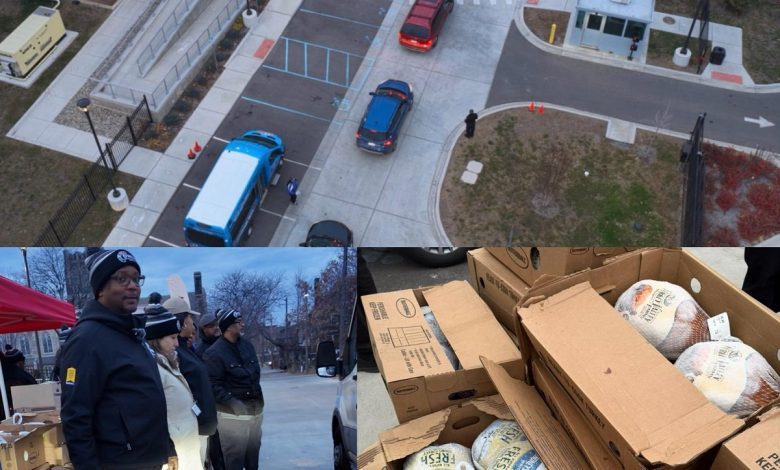Detroit Wayne Integrated Health Network Launches Food Drive During 2025 Government Shutdown
How DWIHN and Community Partners Responded to SNAP Uncertainty and Supported Families in Need.

Amid ongoing uncertainty caused by a prolonged federal government shutdown that occurred in November 2025, the Detroit Wayne Integrated Health Network (DWIHN) mobilized support from staff and service providers to collect non-perishable food items for families in need.
The food donation campaign began on Monday, November 3, and continued through Thursday, November 13. Employees of DWIHN and Team Wellness, one of the network’s service providers, worked together to gather canned and packaged food items to assist individuals receiving care through the network.
Community Unity During Uncertain Times
James E. White, President and Chief Executive Officer of DWIHN, stated:“Over the next two weeks, we will all come together to support those who are affected.”
In late October, concerns emerged that the Supplemental Nutrition Assistance Program (SNAP) might not receive adequate funding due to the ongoing government shutdown. Although federal courts ordered the continuation of the program, fears remained that families could face funding delays.
White added:“Whether SNAP or other benefits are secure or not, this is the right thing to do. Every can, box, or bag makes a difference.”
Throughout the campaign, DWIHN and Team Wellness placed food collection boxes at all of their locations.
The following items were collected at each site:
-
Canned fruits and vegetables
-
Soups, stews, and chili
-
Pasta and rice
-
Ready-to-eat meals
-
Peanut butter
-
Shelf-stable milk
White concluded by saying:“We invite the community to join us in helping our most vulnerable neighbors, especially as the holiday season approaches.”



